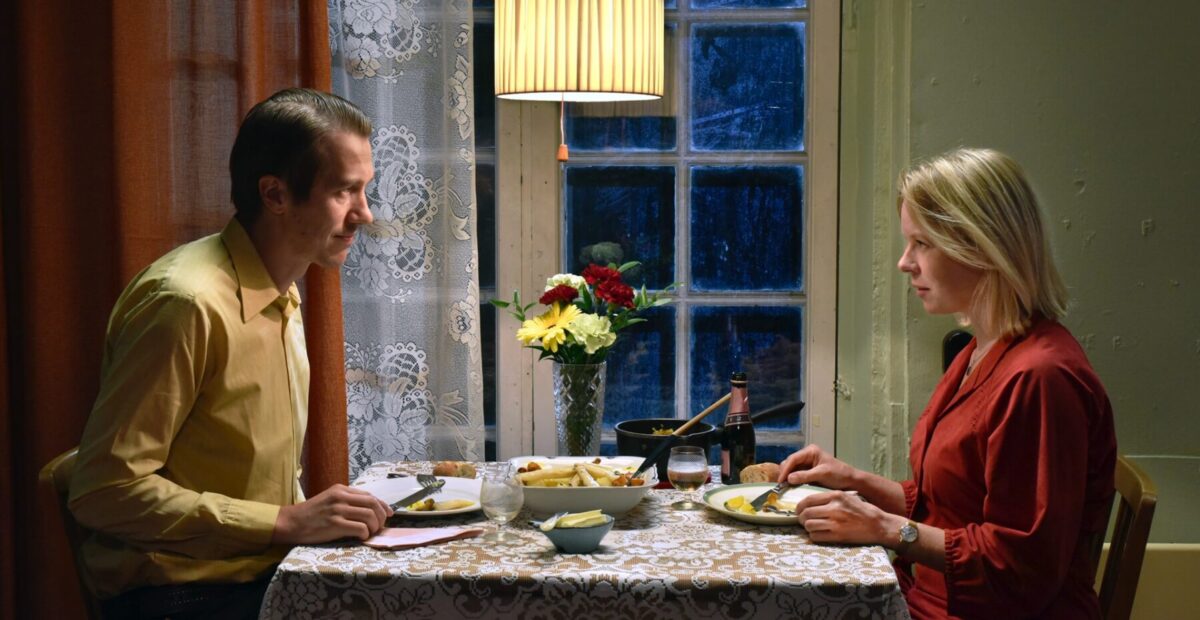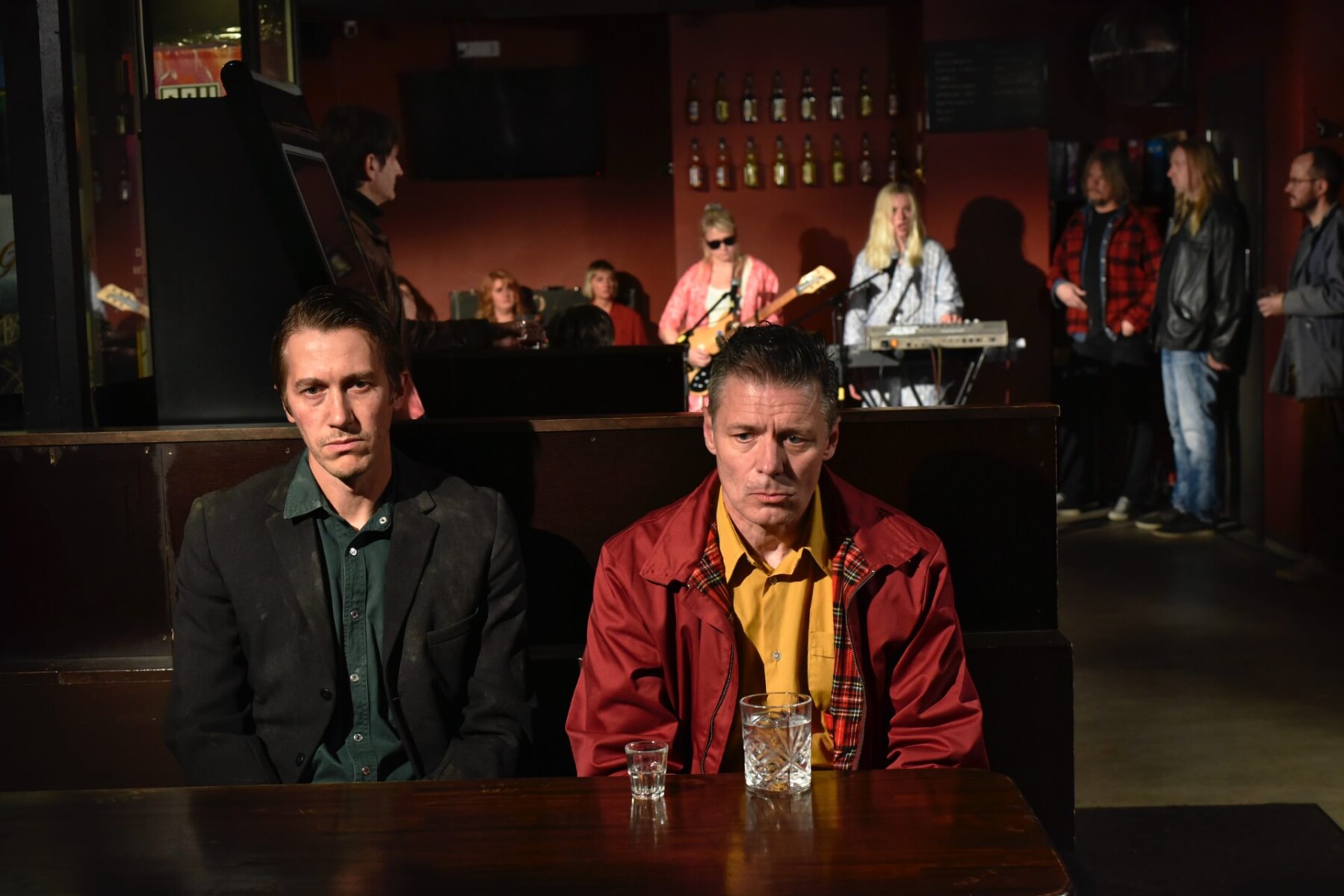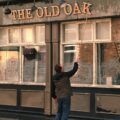
Watch
Love that saves in the film “Fallen Leaves”

The theme of saving love surrounds director Aki Kaurismaki last film: “Fallen Leaves”, awarded at Cannes and now in the cinema. A dry and poetic film, delicate and yet able to strongly shout of the importance of love as an essential instrument for the future of the human being.
There is a suffering world outside. The Finnish director Aki Kaurismaki does not hide it: he shows this through an ongoing radio program that narrates the war between Ukraine and Russia. He reiterates this with the mediocrity of a ruthless employer: the manager of a supermarket that punishes a fragile worker by firing her only because he found an expired item, destined to be thrown, in her bag.
Inside this harsh world, yet hostile and with a petrified heart, a saved, sighted humanity keeps moving, made of sympathizing colleagues of the poor humiliated woman, by someone who takes care of a helpless dog, or by people simply capable of falling in love.
The two protagonists of Fallen Leaves move about Inside this world of miseries and moral, ethical, human nobility: Master Kaurismaki’s last film, winner of the Grand Jury Prize at Cannes and in cinemas in early 2024. They are Ansa, the employee of the supermarket and employee of a factory after being fired, and Holappa, also an employee, who was also fired because he was found drinking alcohol.
Silent, slender yet dignified souls, within a marginal and proletarian Helsinki, lived by lives invisible to power. Only within their austere spaces, in their repeated delusions. Till love makes them meet. And saves their lives. Ansa is a miraculous train for Holappa. Holappa is the same for Ansa. Even though their illuminating story meets evident obstacles along the way.
He loses her phone number, and it seems like he’s lost her forever. It won’t be so. She discovers that he has problems with alcohol and gives him an ultimatum: she lost a father and brother for this reason, and thus Holappa has to quit drinking. Otherwise, that saving train won’t make stops.
Holappa manages, but a passing tram invests him. End of the story? Is saving love only an utopia? Leaf in the wind? Triptych of useless words? No! Holappa goes into a coma, but Ansa stays close to him, and when he opens his eyes, the two walk together in a Chaplinesque finale. Happy towards a new horizon.
Love happens, love exists. Love saves. That between a man and woman, but we can (also) interpret this as a love between all human beings: political, social love, human in a broad sense, simple and essential in Kaurismaki’s cinema, as attentive to the last, to the suffering of the world.
His melodrama, full of cinematographic citations already in the title (As the Fallen Leaves by Douglas Sirk, 1956) and poignant music as poignant as the characters, can be read as a hymn to that love that saves the human species from death. Love that doesn’t make us trample on ourselves and others. Love that is the opposite of hatred that kills, as the radio narrates every time it is switched on in the film.
Ansa and Holappa seem colored and poetic animations, realized with Kaurismaki’s unmistakable brush touch. They seem like figures suspended in a melancholic tail, but they breathe, suffer, rejoice and speak for all. They are a dim and powerful megaphone amidst the bombs of the present, real and metaphorical. They are an amplifier who have the courage and stubbornness to shout out the fundamental importance of love. They remind us what a wonderful tool for survival is inherent in each of us.






